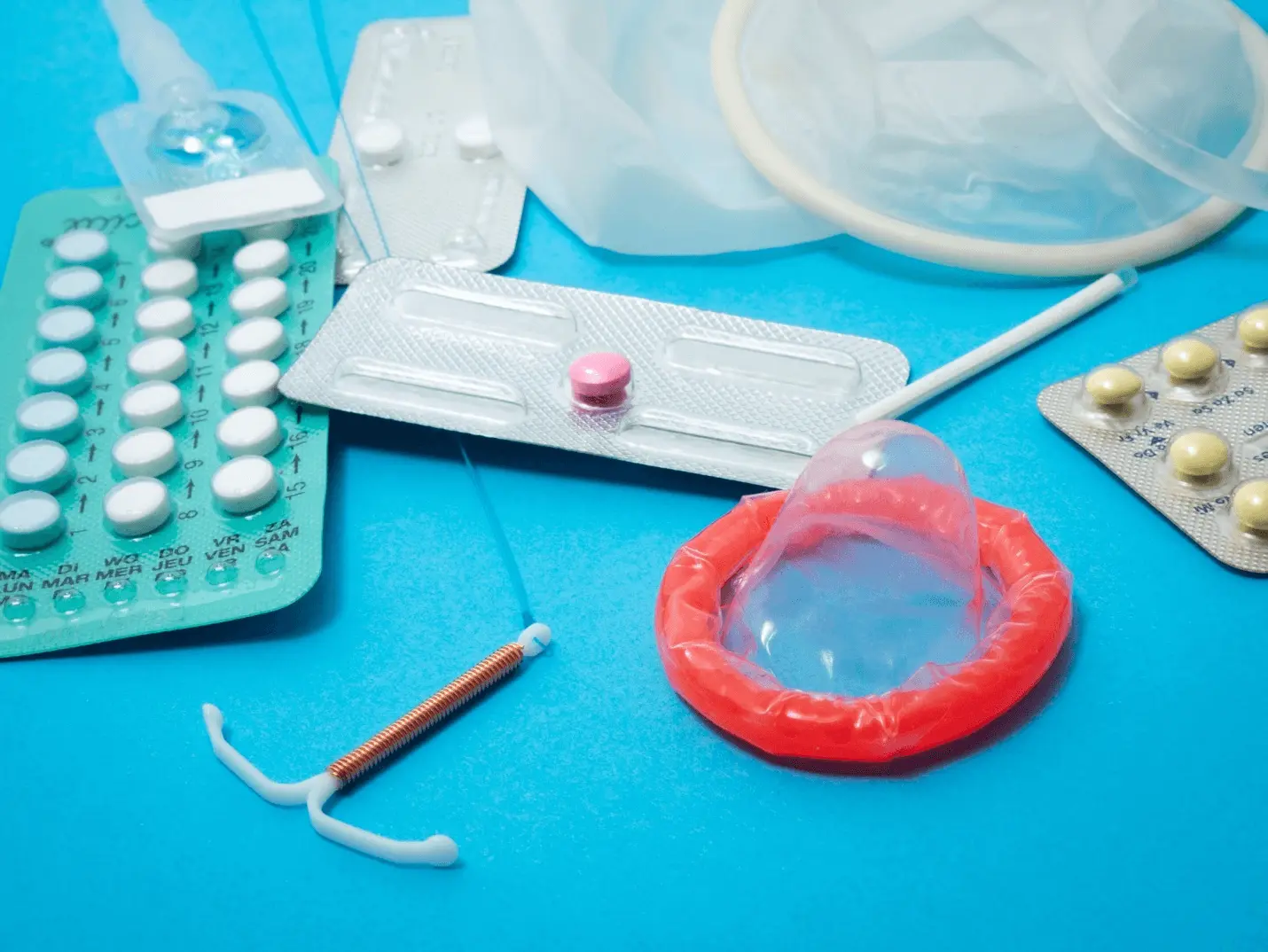Male Urethritis: Prevention and Treatment

You probably know about female urethritis, but did you know that men can get it, too? Infection of the urethra is known as urethritis, and in men, it's usually caused by sexually transmitted infections (STIs).
The good news is urethritis is usually pretty easy to treat, but it's essential to get diagnosed as soon as possible. Your doctor will do a physical exam and may also test for STIs.
This medical condition can affect men of all ages and lead to many health complications if left untreated.
In this blog, our online doctors at TelMDCare will explore the causes and symptoms of male urethritis and the various treatment options available.

What Is Male Urethritis
Urethritis is a condition that affects the urethra, a tube that carries urine from the bladder to the outside of the human body. The urethra is located in the penis, and urethritis most often occurs in men. Urethritis can be caused by bacterial infections, sexually transmitted infections (STIs), or irritation from objects such as catheters.
If left untreated, urethritis can lead to severe medical conditions, including a type of chronic inflammation and infertility
In men, there are two types of urethritis:
- Gonococcal urethritis caused by Neisseria gonorrhoeae bacteria.
- Nongonococcal urethritis (NGU) caused by other bacteria such as Chlamydia trachomatis or Mycoplasma genitalium organisms
Causes
In some cases, non-infectious factors can cause or contribute to urethritis. These include physical irritation from objects such as catheters or medical instruments, chemical irritants such as spermicides or lubricants, and allergies to substances such as latex condoms. Previous injury to the urethra (from surgery, for example) can also increase the risk of developing urethritis.
Several different infections: can also cause it.
- Gonorrhea - This bacterial infection is often spread by unprotected sexual contact with an infected partner.
- Chlamydia - This common sexually transmitted infection is easily treated with antibiotics if caught early enough; however, it can lead to complex medical conditions such as infertility in women and chronic pelvic pain in men.

Symptoms In Men
The most common symptom of the male urethra is a burning sensation during urination (dysuria). Early symptoms can be challenging to spot, as they often mirror those of a common cold. But if you have any of the following symptoms, you should see a virtual doctor right away:
- A burning sensation when you urinate
- A need to urinate more often than usual
- Pain during sex
- Pain in the lower abdomen or groin
- Discharge from the penis
Treatment Options
- Antibiotics: This is the most common treatment for an acute case of urethritis and can be given as a single dose or in combination with other medications. It kills bacteria causing your condition and prevents them from multiplying again. Some antibiotics may also reduce inflammation, pain, and discharge from the penis (burning). You can talk to your online doctor about any side effects that you experience after taking these drugs if they occur.
- Steroid injections (intra-urethral suppositories): These are injected directly into the urinary tract, where they work by affecting cell growth in areas where the infection has already taken place.
- Surgical removal of the prostate gland/urethra surgery: If left untreated, this can lead to complications such as incontinence and possible recurrence within two years after initial treatment, so it's best avoided unless necessary.
Prevention
- Condoms: Condoms are the best way to reduce your chance of getting urethritis because they cover the penis when used correctly (with an erection).
- Hygiene: Washing the head of your penis, underside of your penis, and foreskin if you have one is a good idea. Washing the shaft of your penis and washing beneath it (the scrotum) is also recommended. You can use warm water and mild soap to clean yourself when you're done urinating on a toilet or showering after going to the bathroom.
- Scented soaps or gels: You should avoid perfumed soaps or shower gels because they can irritate the skin of your penis. It can also make it easier for bacteria from your body (or other people) to get into that area where they won't be cleaned out very well by regular washing with soap and water alone.
What are the complications associated with urethritis?
- Urinary tract infections: These are the most common urethritis complications and can cause fever, pain in the lower abdomen or pelvis, pain during urination, and cloudy urine. They may also lead to kidney damage if not treated properly.
- Prostatitis: Prostatitis is an inflammation of the prostate gland that can cause severe pain in men over 50 years old who have had a recent sexual encounter with someone who has been infected with gonorrhea or chlamydia bacteria. However, it can occur even if there has been no previous exposure to these pathogens. It's just more likely that you'll get sick when you've had sex with someone who has them already. This condition is usually treated surgically by removing part(s) from inside your body through surgery but only if necessary.
This is the most important rule when it comes to dealing with pink eye because touching can further irritate your eye. If only one eye is infected, touching it may increase the risk of spreading it. If you do accidentally touch your eye, make sure you wash your hands immediately.
Discard any tissues that you have used on your infected eye.

Get In Touch With An Online Doctor
At TelMDCare, we have a team of experienced telemedicine doctors who offer online consultation and urinary tract infection medication and treatment. All you have to do is schedule an appointment during hours that work best for you, and speak directly with one of our certified virtual doctors.
Along with acute ailments, we also treat chronic ones such as hypertension, hyperthyroidism, asthma, depression, anxiety, Chlamydia, and gonorrhea.
See how we work, or contact us today, and we'll help you get started.